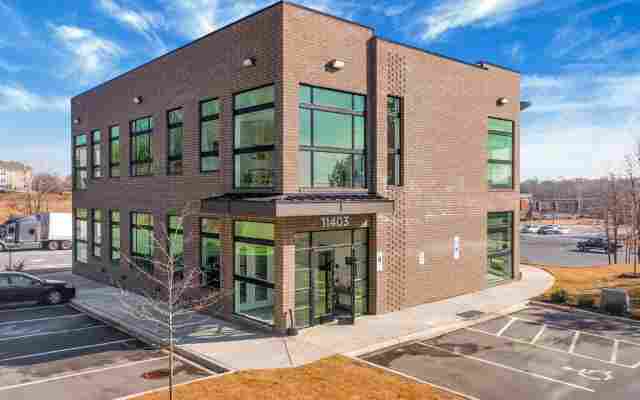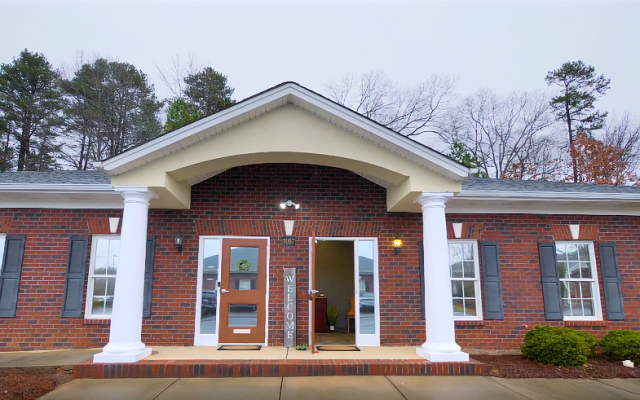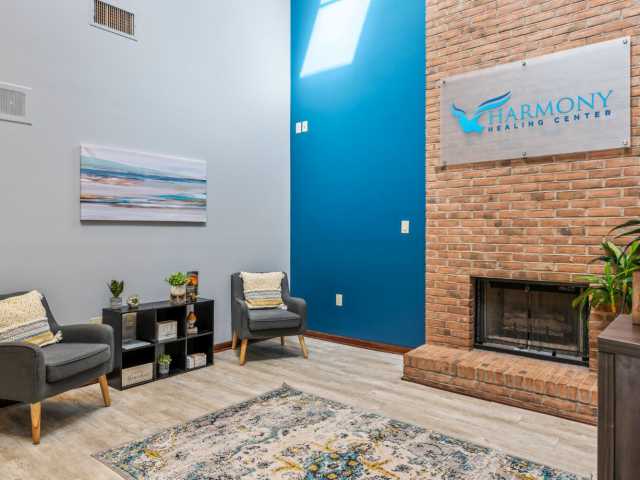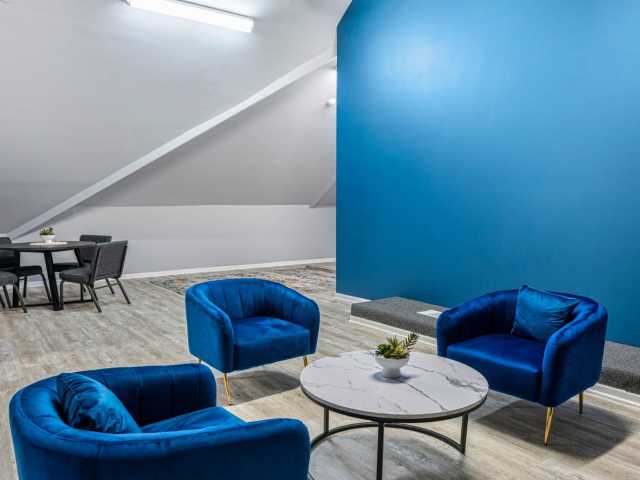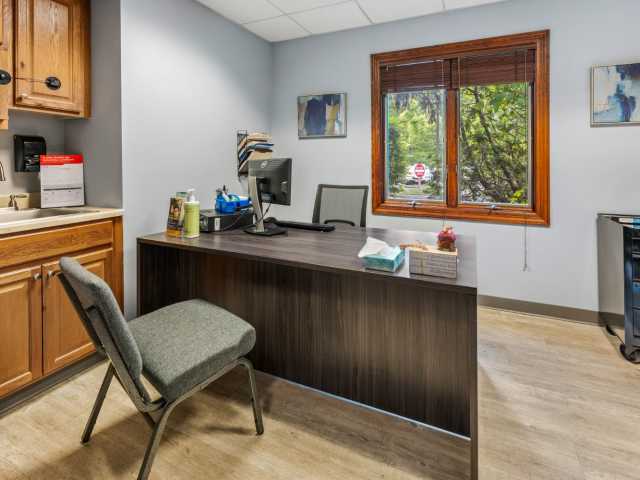
Cherry Hill, New Jersey, United States
Harmony Healing Center Cherry Hill
Verified
Verified
This provider’s information has been quality-checked by Recovery.com’s Research Team for accuracy and completeness, including center verification through appropriate third-party organizations.
Joint Commission Accredited
The Joint Commission accreditation is a voluntary, objective process that evaluates and accredits healthcare organizations (like treatment centers) based on performance standards designed to improve quality and safety for patients. To be accredited means the treatment center has been found to meet the Commission's standards for quality and safety in patient care.
Provider's Policy
Harmony Healing Center Cherry Hill works with most major insurance carriers and offer a range of options to fit your lifestyle and financial means. However, the center does not accept Medicaid, Medicare, or state insurance.
Estimated Cash Pay Rate
The cost listed here ($12,000 - $15,000/30 days) is an estimate of the cash pay price. Center pricing can vary based on program and length of stay. Contact the center for more information. Recovery.com strives for price transparency so you can make an informed decision.
Highlights from the Center
Highlights
These highlights are provided by and paid for by the center.
1-on-1 Counseling
Trauma-Informed Care
Tech Friendly
12-Step Approach
About Harmony Healing Center Cherry Hill
Harmony Healing Center Cherry Hill is committed to providing efficient, accessible treatment for substance use, mental health disorders, and co-occurring mental health concerns. The facility, conveniently located near 4 major cities on the East Coast, provides partial hospitalization (PHP), intensive outpatient care (IOP), and outpatient treatment. They implement solution-focused treatment programs that identify and address the root causes.
Experience Real Recovery, Backed by Real Results
At Harmony Healing Center Cherry Hill, recovery is grounded in what works—evidence-based care backed by real results. Every therapy and treatment model used has been carefully chosen because they help people heal. From cognitive behavioral therapy (CBT) and trauma-informed counseling to wellness education, their clinical approach supports lasting change. Clients leave treatment feeling equipped with tools and insights to keep moving forward.
Recover without Putting Life on Pause
At Harmony Healing Center, recovery meets real life. With a flexible, but structured approach, clients get the help they need without putting their families, jobs, or responsibilities on hold. All the services offered at Harmony Healing go beyond symptom management. Clients engage in many ways to heal: relapse prevention planning, nutrition counseling, and both 12-Step and non-12-Step meetings, all within outpatient treatment hours.
Find Tranquility within Reach of the City
Tucked in the heart of Cherry Hill, New Jersey, Harmony Healing Center offers a convenient location less than an hour's drive from 4 major cities. Clients experience the serenity of a peaceful atmosphere while accessing nearby urban centers' diverse cultural and recreational opportunities.
Read More

Insurance Accepted
Provider's Policy:Harmony Healing Center Cherry Hill works with most major insurance carriers and offer a range of options to fit your lifestyle and financial means. However, the center does not accept Medicaid, Medicare, or state insurance.
Other Centers From Harmony Recovery Group
Live Among Others on the Same Journey
Harmony Healing’s partnered supportive housing offers more than just a roof over clients’ heads—it’s a caring, structured environment where healing happens step by step. Clients are surrounded by others walking the same path, with guidance built in. Whether transitioning from treatment or rebuilding a life, supportive housing is a safe place to land and grow.
Become Stronger with Every Step, Climb, and Paddle
At Harmony Healing Center Cherry Hill, recovery happens in motion and in nature. Adventure therapy invites clients to get outside and discover strengths they didn't know they had. With activities like hiking, kayaking, rock climbing, and ropes courses, clients engage their minds and bodies in powerful ways. And trained therapists guide each step, helping translate every outdoor experience into emotional growth.
Get Support for More Than Substance Use
Recovery is not just about substance use; it’s about the whole person. They offer primary mental health treatment for clients facing challenges like anxiety, depression, trauma, and more, even if addiction isn’t a part of the picture. The same compassionate, structured care that they’re known for now exists to support clients’ emotional and psychological needs.
Help the Brain Heal with MAT
Struggling with cravings doesn’t mean someone is weak—it just means that their body and brain are still healing. Medication-assisted treatment (MAT) can help ease that battle, giving clients the stability they need to focus on what really matters. At Harmony Healing, MAT is part of a compassionate, whole-person approach to recovery.

Center Overview
Estimated Cash Pay Rate
Men and Women
Men and women attend treatment for addiction in a co-ed setting, going to therapy groups together to share experiences, struggles, and successes.
Midlife Adults
For adults ages 40+, treatment shifts to focus on the unique challenges, blocks, and risk factors of their age group, and unites peers in a similar community.
Professionals
Busy, high-ranking professionals get the personalized treatment they need with greater accommodations for work, privacy, and outside communication.

Treatment Focus
You can admit to this center with a primary substance use disorder or a primary mental health condition. You'll receive support each step of the way and individualized care catered to your unique situation and diagnosis.
Treatment
Specializations
Alcohol
Using alcohol as a coping mechanism, or drinking excessively throughout the week, signals an alcohol use disorder.
Anxiety
Anxiety is a common mental health condition that can include excessive worry, panic attacks, physical tension, and increased blood pressure.
Co-Occurring Disorders
A person with multiple mental health diagnoses, such as addiction and depression, has co-occurring disorders also called dual diagnosis.
Depression
Symptoms of depression may include fatigue, a sense of numbness, and loss of interest in activities. This condition can range from mild to severe.
Drug Addiction
Drug addiction is the excessive and repetitive use of substances, despite harmful consequences to a person's life, health, and relationships.
Opioids
Opioids produce pain-relief and euphoria, which can lead to addiction. This class of drugs includes prescribed medication and the illegal drug heroin.
Outpatient
During outpatient rehab, patients attend a structured treatment program while continuing to live at home.
Trauma
Some traumatic events are so disturbing that they cause long-term mental health problems. Those ongoing issues can also be referred to as "trauma."
Treatment Services
Day Treatment
In a PHP, patients live at home but follow an intensive schedule of treatment. Most programs require you to be on-site for about 40 hours per week.
Intensive Outpatient Program
In an IOP, patients live at home or a sober living, but attend treatment typically 9-15 hours a week. Most programs include talk therapy, support groups, and other methods.
Outpatient
During outpatient rehab, patients attend a structured treatment program while continuing to live at home.
Approaches
Evidence-Based
A combination of scientifically rooted therapies and treatments make up evidence-based care, defined by their measured and proven results.
Individual Treatment
Individual care meets the needs of each patient, using personalized treatment to provide them the most relevant care and greatest chance of success.
Twelve Step
Incorporating spirituality, community, and responsibility, 12-Step philosophies prioritize the guidance of a Higher Power and a continuation of 12-Step practices.
Therapies
1-on-1 Counseling
Patient and therapist meet 1-on-1 to work through difficult emotions and behavioral challenges in a personal, private setting.
Meditation & Mindfulness
A practiced state of mind that brings patients to the present. It allows them to become fully aware of themselves, their feelings, and the present moment.
Adventure Therapy
This experiential approach uses the physical and emotional challenges of outdoor activities as tools for personal growth.
Art Therapy
Visual art invites patients to examine the emotions within their work, focusing on the process of creativity and its gentle therapeutic power.
Family Therapy
Family therapy addresses group dynamics within a family system, with a focus on improving communication and interrupting unhealthy relationship patterns.
Life Skills
Teaching life skills like cooking, cleaning, clear communication, and even basic math provides a strong foundation for continued recovery.
Medication-Assisted Treatment
Combined with behavioral therapy, prescribed medications can enhance treatment by relieving withdrawal symptoms and focus patients on their recovery.
Music Therapy
Singing, performing, and even listening to music can be therapeutic. Music therapy sessions are facilitated by certified counselors.
Nutrition Counseling
Nutritious food helps patients heal from within, setting them up for mental and bodily wellness as they learn about healthy eating.
Conditions We Treat
Grief and Loss
Grief is a natural reaction to loss, but severe grief can interfere with your ability to function. You can get treatment for this condition.
Personality Disorders
Personality disorders destabilize the way a person thinks, feels, and behaves. If untreated, they can undermine relationships and lead to severe distress.
ADHD, ADD
ADHD is a common mental health condition caused by dopamine imbalance. Common symptoms include inattention, hyperactivitiy, and impulsivity.
Anger
Although anger itself isn't a disorder, it can get out of hand. If this feeling interferes with your relationships and daily functioning, treatment can help.
Anxiety
Anxiety is a common mental health condition that can include excessive worry, panic attacks, physical tension, and increased blood pressure.
Bipolar
This mental health condition is characterized by extreme mood swings between depression, mania, and remission.
Codependency
Codependency is a pattern of emotional dependence and controlling behavior. It's most common among people with addicted loved ones.
Depression
Symptoms of depression may include fatigue, a sense of numbness, and loss of interest in activities. This condition can range from mild to severe.
Obsessive Compulsive Disorder (OCD)
OCD is characterized by intrusive and distressing thoughts that drive repetitive behaviors. This pattern disrupts daily life and relationships.
Post Traumatic Stress Disorder
PTSD is a long-term mental health issue caused by a disturbing event or events. Symptoms include anxiety, dissociation, flashbacks, and intrusive thoughts.
Substances We Treat
Alcohol
Using alcohol as a coping mechanism, or drinking excessively throughout the week, signals an alcohol use disorder.
Benzodiazepines
Benzodiazepines are prescribed to treat anxiety and sleep issues. They are highly habit forming, and their abuse can cause mood changes and poor judgement.
Chronic Relapse
Consistent relapse occurs repeatedly, after partial recovery from addiction. This condition requires long-term treatment.
Co-Occurring Disorders
A person with multiple mental health diagnoses, such as addiction and depression, has co-occurring disorders also called dual diagnosis.
Cocaine
Cocaine is a stimulant with euphoric effects. Agitation, muscle ticks, psychosis, and heart issues are common symptoms of cocaine abuse.
Drug Addiction
Drug addiction is the excessive and repetitive use of substances, despite harmful consequences to a person's life, health, and relationships.
Heroin
Heroin is a highly addictive and illegal opioid. It can cause insomnia, collapsed veins, heart issues, and additional mental health issues.
Methamphetamine
Methamphetamine, or meth, increases energy, agitation, and paranoia. Long-term use can result in severe physical and mental health issues.
Opioids
Opioids produce pain-relief and euphoria, which can lead to addiction. This class of drugs includes prescribed medication and the illegal drug heroin.
Aftercare
Experience
Amenities
Activities
Yoga
Yoga is both a physical and spiritual practice. It includes a flow of movement, breathing techniques, and meditation.
Off-Site Activities
Professional Staff
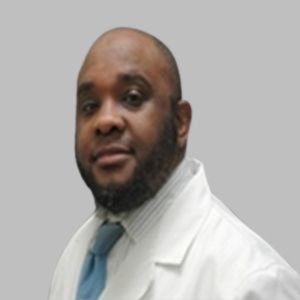
Dr. Eric J. Williams
Medical Director
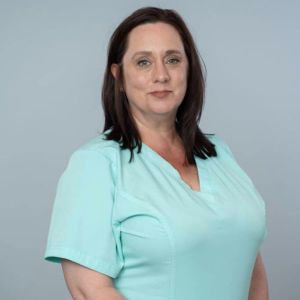
Kimberly Karmade
Licensed Nurse Practioner
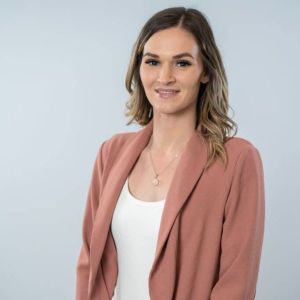
Zoe Holmes
Director of Outpatient Services, NE
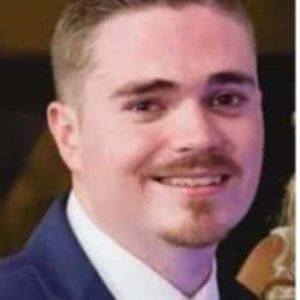
Timothy Bowdoin
Primary Therapist
Learn more about Harmony Healing Center Cherry Hill
Testimonial
I’ve been to a lot of treatment centers but this one genuinely care about their clients and go above and beyond to make sure you have the best care possible. All the therapists, employees and even the admission coordinators are great. I would give this place 10 stars if I could.
Ryan L
We love hearing about your treatment experience
Help individuals and families seeking treatment by sharing your first-hand experience with this treatment provider. Review Guidelines.






























